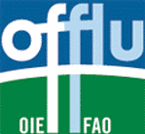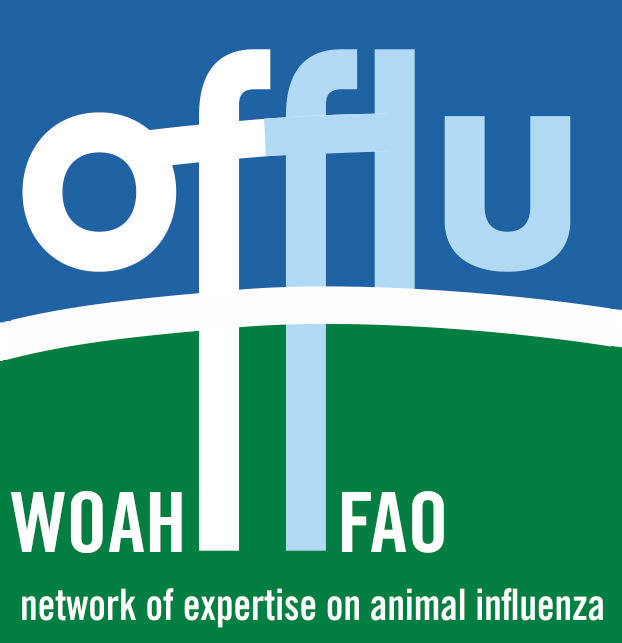
Review of AI control measures

OFFLU is delighted to have David Swayne, world leading avian influenza expert, on a one year secondment from the OIE Collaborating Centre for emerging avian diseases Southeast Poultry and Research Laboratory (SEPRL) in Athens, USA. David will be spending his year reviewing which avian influenza controls measures have worked well and which have not worked so well in recent years. These important lessons will help to inform better avian influenza control strategies in the future. David will be focussing his attention on the response to H5N1 highly pathogenic avian influenza, and as well as sending out a questionnaire to over 60 countries, he will be visiting countries with hands on experience in dealing with the disease to hear what they have to say. David’s main focus will be on vaccination for avian influenza.
Background
The H5N1 highly pathogenic avian influenza (HPAI) began with a single report of mild disease in geese in Guangdong China during 1996, but has since spread to cause infections and high death rates in poultry and wild birds in 62 countries throughout Asia, Africa, the Middle East, and Europe. This HPAI outbreak has become the largest outbreak of HPAI in past 50 years. Some of the affected countries were successful at eliminating H5N1 HPAI through a traditional, stamping-out program, or preventing introduction of the virus from wild birds by implementing specific biosecurity measures in poultry operations. However, some countries have endemic H5N1 HPAI infections in poultry with their control programs focusing on lessening the economic burden and improving food security principally through national poultry vaccination campaigns. Focused vaccination programs have been used in outdoor-reared poultry and zoological birds, which has prevented outbreaks in those avian systems.
The poultry production structure throughout the world varies with individual countries and has a profound impact on avian influenza (AI) control strategies. A comprehensive evaluation of individual control components and strategies is needed to learn from the past 6 years of field application, especially the role vaccination has played in both control and perpetuation, and how vaccination can be more effectively used in the future. This information is critical in a global context to develop more effective HPAI control strategies. The ultimate goal is not only eradicating H5N1 HPAI, but in developing strategies that will be used in the future against other HPAI viruses, and H5 and H7 low pathogenicity notifiable AI (LPNAI) viruses.
Objective
Conduct a detailed, comprehensive evaluation of the vaccination component of HPAI control programs and a limited review of the other interactive components of the control strategies. Such a comprehensive evaluation is needed to identify the strengths and weaknesses of vaccination strategies used in different countries and regions in varying contexts. The resulting data will be analyzed and used to develop a framework describing how vaccination should be used in future AI control strategies.
Action Plan
- Conduct a literature review/meta-analysis of existing HPAI control strategies and evaluations of these strategies, and epidemiological and virological surveillance systems;
- Conduct a comprehensive evaluation of all HPAI outbreak data, including data submitted to OIE through WAHIS, WAHID and Handistatus II databases; FAO EMPRES-i databases, and paper copy at OIE and FAO, and data authorised from the OIE PVS country evaluations;
- Conduct a written survey of HPAI and LPNAI outbreak countries for information on how such outbreaks have been controlled or eradicated and the specific conditions for usage of vaccine and surveillance in the control strategy;
- Conduct missions to selected countries and territories with varying experiences in control of HPAI and LPNAI outbreaks, to collect additional data not contained in the databases or obtained via the written surveys;
- Cooperate with OFFLU applied epidemiology technical activity and the chairman of the OIE ad hoc group on epidemiology on surveillance and epidemiological aspects of the project; and Coordinate with the FAO and WHO on data collection, data analysis and report writing.
Dr. David Swayne (U.S. Department of Agriculture) has been detailed as the OFFLU Scientific Officer for managing and conducting the comprehensive evaluation of HPAI vaccination and other control strategies.



